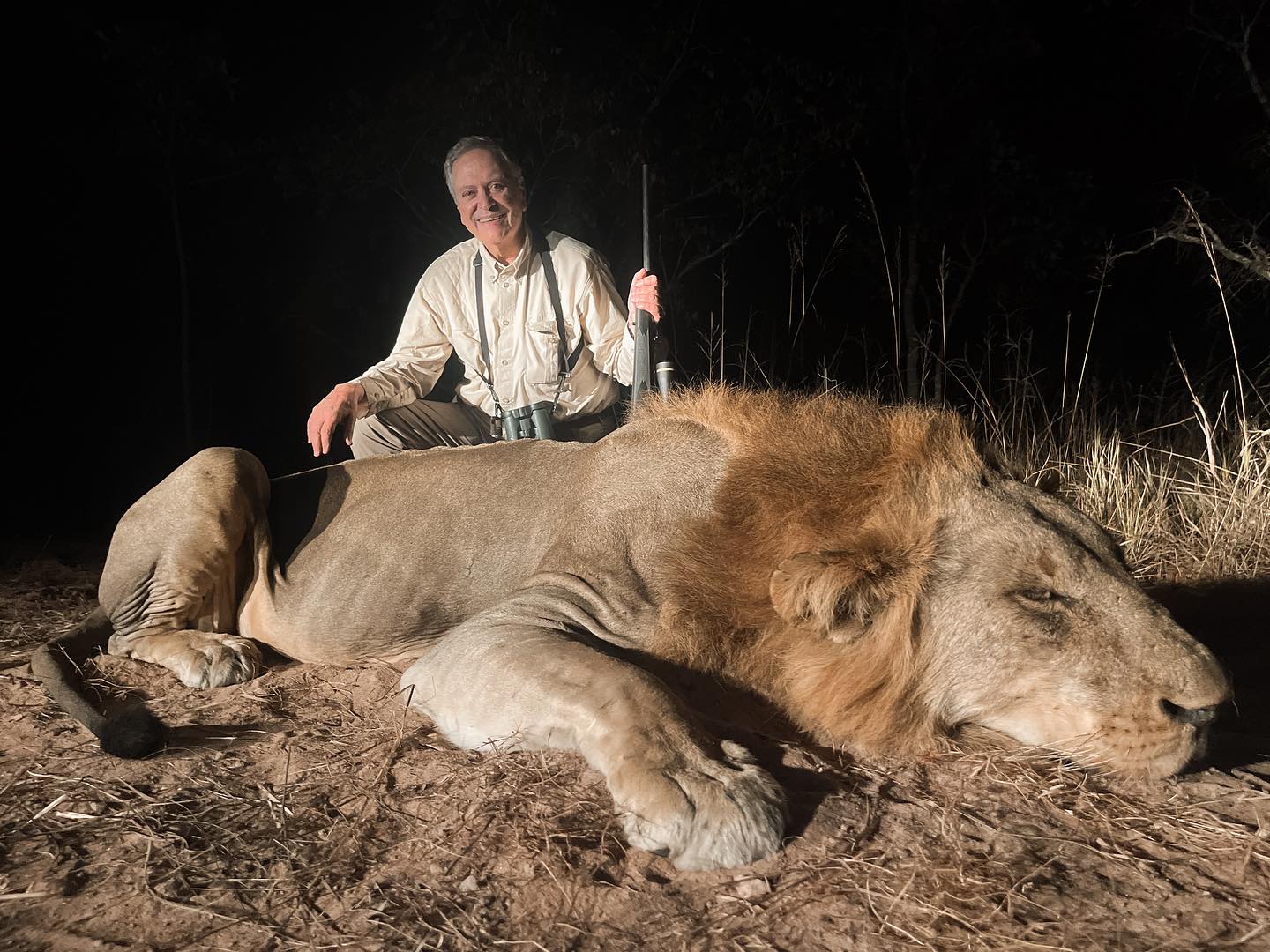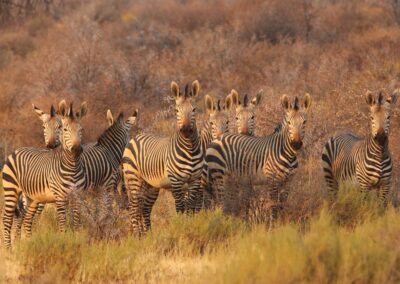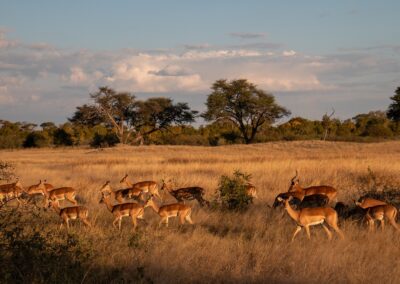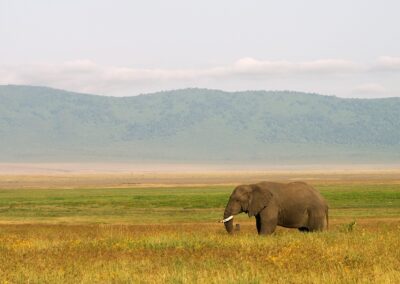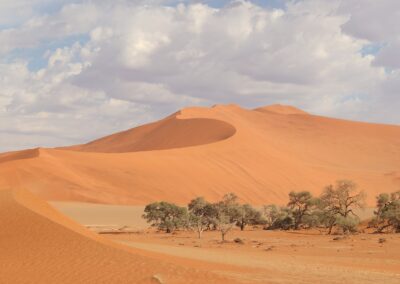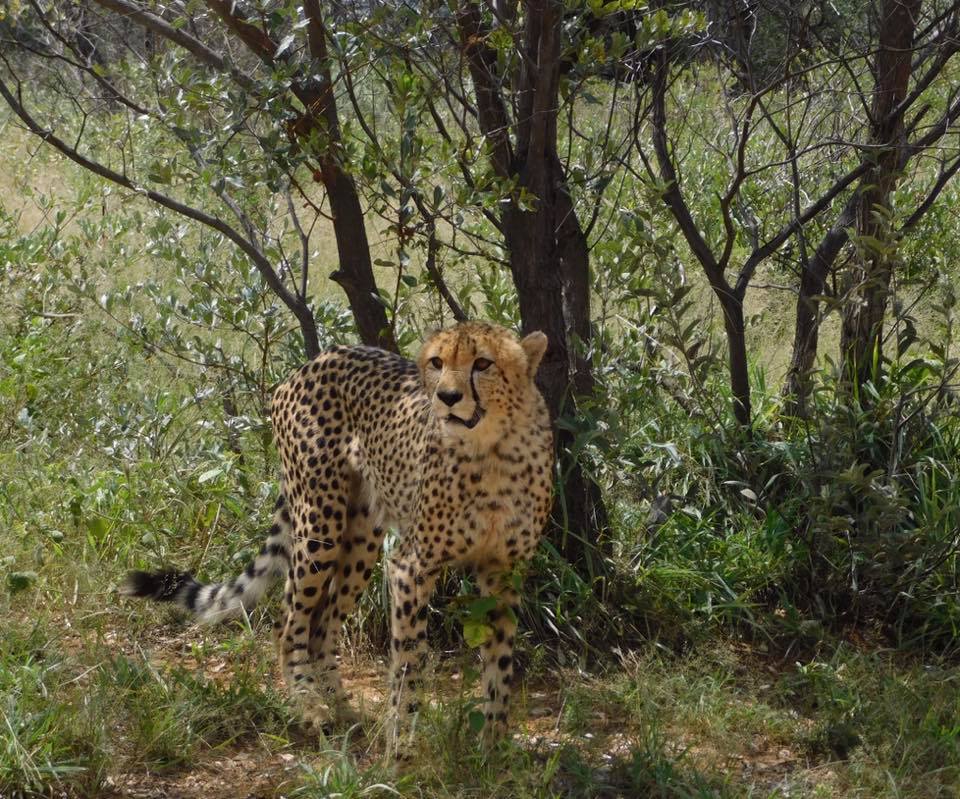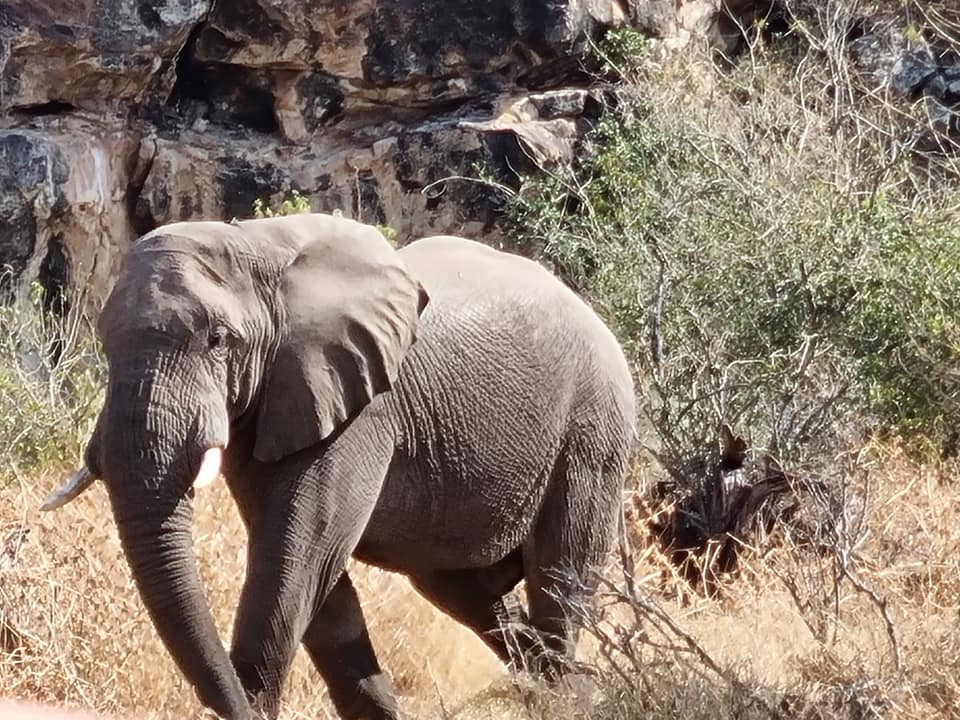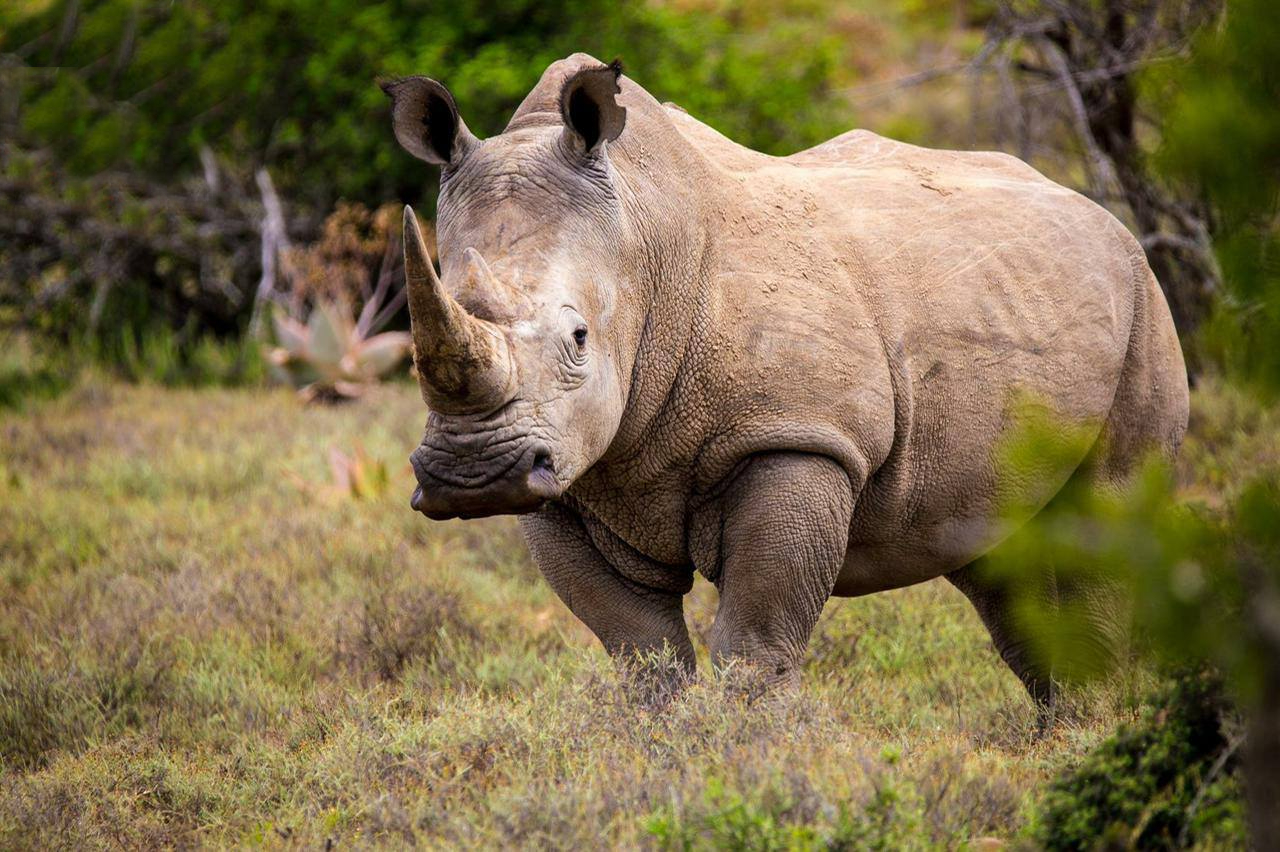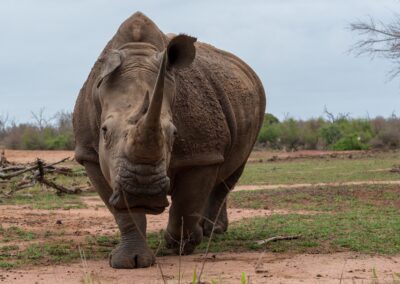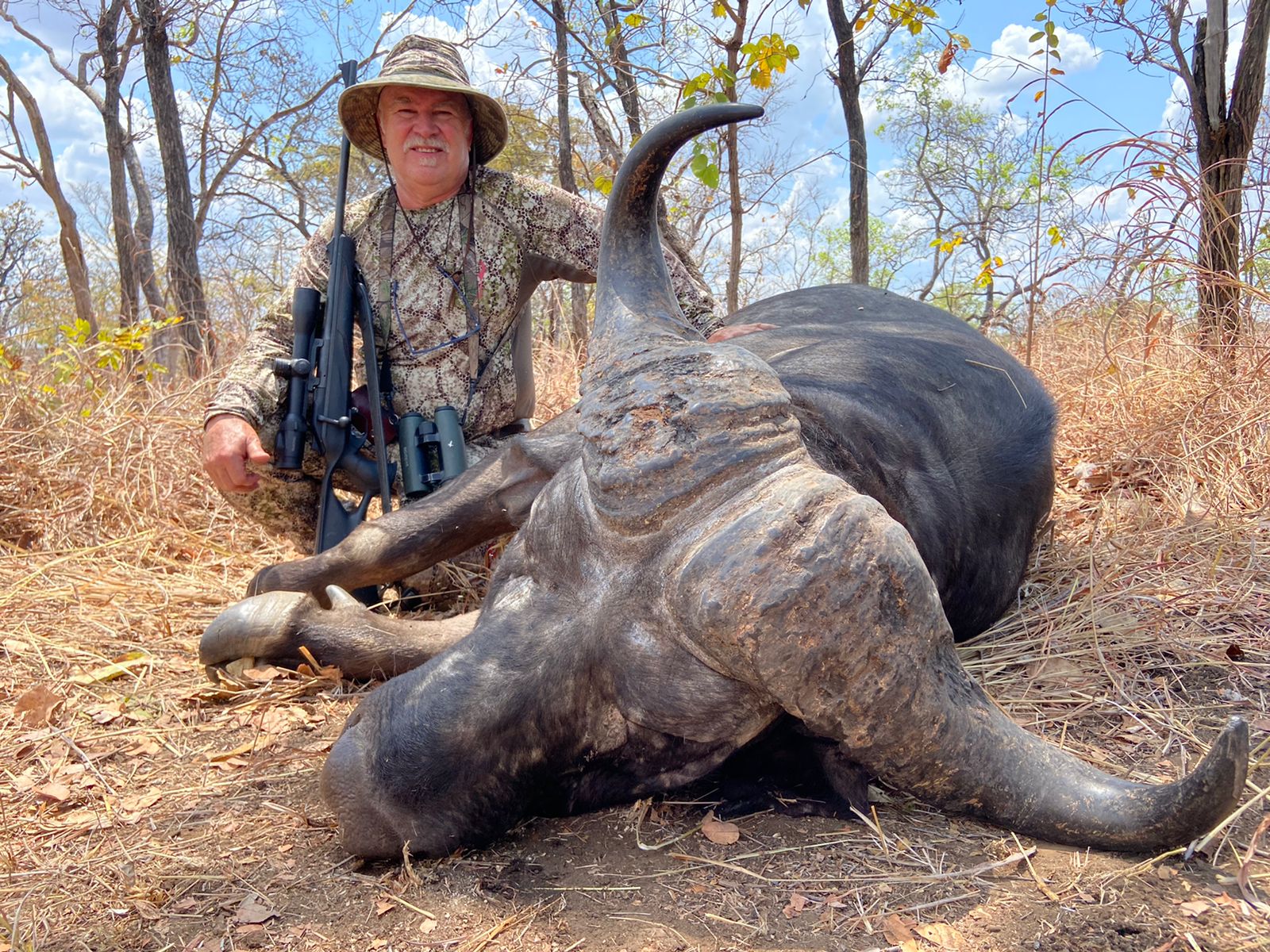MOST POPULAR TRIPS
Safaris
Step into the wild and experience the adventure of a lifetime with a safari hunt. From the sweeping savannas of South Africa to the rugged beauty of Namibia, we connect you with expertly guided hunts that let you pursue world-class game like lions, elephants, and kudu.
At Venku, we believe in ethical, conservation-focused hunting experiences that celebrate tradition and support local communities. Whether you’re after the thrill of tracking Africa’s Big Five or seeking unique plains game, our hunts are designed to be as unforgettable as the landscapes themselves. Book your safari experience and discover the perfect blend of adventure, culture, and conservation.
Learn more about the Big Five and destinations to pursue these incredible animals below.
LION
Learn more
Seasons & Regulations
Most Popular Game Species for Safari Hunts
1. Big Five
-
- Lion, leopard, elephant, rhinoceros, and Cape buffalo.
- The challenge of hunting these animals and their iconic status make them highly sought after.
2. Plains Game
-
- Species like kudu, oryx, impala, and zebra. These animals are popular for their beauty and the diverse terrain they inhabit.
3. Specialized Game
-
-
- Sable antelope, roan antelope, and nyala offer unique hunting challenges.
-
4. Exotic Species
-
-
-
- Animals like crocodiles and hippos are often targeted for their rarity and unique hunting conditions.
-
-
Conservation & Management Efforts
Safari hunting, when ethically and sustainably managed, plays a vital role in wildlife conservation and habitat preservation across Africa. Regulated hunts generate significant revenue, which directly funds anti-poaching efforts, wildlife reserves, and community development programs. By establishing a tangible economic value for wildlife, safari hunting incentivizes the protection of both animals and their habitats.
Many African countries, such as Namibia and Zimbabwe, utilize revenue from hunting permits and fees to maintain protected areas, combat illegal wildlife trade, and support local livelihoods. These programs ensure that communities see the benefits of conserving wildlife, reducing the incentive for poaching and land conversion to agriculture.
Additionally, safari hunts often target specific populations or individual animals, such as aging or non-breeding males, helping maintain ecological balance while preserving genetic diversity. Hunters contribute valuable data through trophy measurements and observations, aiding researchers in tracking population trends and health.
1. Lion
Known as the “king of the jungle,” lions embody power and grace. Males are distinguished by their impressive manes, and prides inhabit savannas and grasslands.
- Hunting Experience: Lion hunting requires patience and skill. Tracking is often done on foot or from blinds, with hunters waiting for the perfect opportunity to take a clean shot.
- Reason for Hunting: Lions are pursued for their iconic status, the thrill of the hunt, and as a means of population management. Hunting fees often fund conservation efforts and local communities.
2. Leopard
Leopards are elusive, solitary cats with beautiful spotted coats. They are masters of stealth, often found in dense brush or rocky outcroppings.
- Hunting Experience: Hunting leopards is notoriously challenging, requiring night hunts, baiting, and exceptional marksmanship. Their secretive nature makes sightings rare and rewarding.
- Reason for Hunting: Leopards are hunted for their difficulty and the prestige of harvesting such an elusive predator. Ethical hunts contribute to maintaining a balance in predator-prey relationships.
3. Elephant
Elephants are the largest land animals, known for their intelligence and social structures. Bulls with large tusks are often the target.
- Hunting Experience: Tracking elephants involves following massive spoor through savannas and woodlands, often for hours or days. Close encounters demand nerves of steel.
- Reason for Hunting: Hunting is highly regulated, targeting older, non-breeding bulls. These hunts generate significant conservation revenue and help manage overpopulated areas that strain habitats.
4. Rhinoceros
- Hunting Experience: Hunting rhinos is highly selective and often involves darting for conservation purposes rather than traditional hunting. Hunts are closely monitored to ensure ethical practices.
- Reason for Hunting: Rhinos are targeted in conservation hunts that remove non-breeding individuals, with funds supporting anti-poaching efforts and habitat restoration.
4. Cape Buffalo
- Hunting Experience: Hunting Cape buffalo is an adrenaline-filled pursuit. Hunters often track herds on foot, prepared for close-range encounters with these formidable animals.
- Reason for Hunting: Buffalo hunts are prized for the physical and mental challenge. They are a vital part of sustainable game management and provide income for local communities.
Additional Resources and Information
For hunters looking to book an African safari, there are several valuable resources that can help with planning, understanding regulations, and finding reputable guides and outfitters:
1. Safari Booking Websites
- Venku.com: An excellent option for booking guided hunting trips, including safaris, with a focus on curated experiences and expert guides.
2. Hunting Outfitters and Guides
- The Tanzanian Professional Hunters Association (TPHA): For safaris in Tanzania, the TPHA offers a list of certified professionals and ethical hunting opportunities.
- Safari Operators Association of Mozambique (APHM): For Mozambique safaris, this association ensures that hunts follow ethical practices and support conservation efforts.
- Professional Hunters’ Association of South Africa (PHASA): A well-established body that provides a directory of registered professional hunters and hunting outfitters in South Africa.
3. Books and Guidebooks
- “The Ultimate Guide to Hunting in Africa” by Craig Boddington: A thorough guide covering different African destinations, game species, and tips for planning a safari hunt.
- “Safari Guide: The Complete Guide to Hunting in Africa” by Chris R. Rabe: Offers insights into selecting the right safari and hunting gear for an African adventure.
4. Conservation and Regulatory Resources
-
- CITES (Convention on International Trade in Endangered Species): For hunters considering endangered species, CITES provides regulations on which species can be hunted and the permits required.
- The International Hunter Education Association (IHEA): A good resource for understanding international hunting regulations and ensuring legal and ethical hunting practices on safari.
- African Wildlife Foundation (AWF): For hunters interested in supporting conservation, AWF provides details on the benefits of hunting in Africa and how it contributes to wildlife protection.
-
5. Hunting Magazines and Websites
- AfricaHunting.com: A community-driven site where hunters can share their experiences, ask for advice, and find information on the best African safaris.
- Field & Stream: While it’s more general in scope, this well-known magazine often features articles and tips on hunting safaris and gear recommendations.
6. Travel and Visa Assistance
-
- Travel Agents Specializing in African Safaris: Many travel agencies focus specifically on African safaris and hunting trips, offering expert knowledge on visas, travel logistics, and package deals.
- Embassies & Consulates: For up-to-date information on visa requirements, entry regulations, and health precautions, it’s best to consult the embassy or consulate of the country you plan to hunt in.
7. Hunting Forums & Social Media
- The Hunting Forum: A great place for hunters to exchange tips, experiences, and advice on African safaris.
- Instagram & Facebook: Many hunting outfitters and guides have social media pages showcasing their safari hunts, client reviews, and photos from recent trips.
Join Venku
Book a Trip.
Become a Host.
The wilderness is calling.


